|
MSAE News: Affiliate Recognition and Virtual Soundwalks The World Forum for Acoustic Ecology (WFAE) is thrilled to welcome the Midwest Society for Acoustic Ecology (MSAE U.S.) as an official WFAE Affiliate Organisation, with Affiliate Representative, Alex Braidwood, to the WFAE’s Board of Directors. The Midwest Society for Acoustic Ecology was founded in 2009 as a chapter of the American Society for Acoustic Ecology (ASAE), a membership organization and Affiliate Organization of the World Forum for Acoustic Ecology (WFAE). The MSAE U.S. reestablished itself independently in 2018 and registered in the State of Illinois as a not-for-profit organization with a Board of Directors residing regionally in Iowa, Wisconsin, and Illinois. To retain its formal relationship with the WFAE, the MSAE U.S. applied for recognition and status as a member Affiliate Organization per the WFAE Bylaws. MSAE U.S. will open for general membership beginning 1 January, 2021. Adapting to the new and unprecedented changes of the coronavirus pandemic, the Midwest Society for Acoustic Ecology’s series of thematically focused soundwalks in Chicago parks has been realized in a new format. With partial support of Chicago Park District’s Night Out In the Parks arts and culture program, a series of five videos were made, adapting the series of thematically focused in-person, on-site soundwalks in the parks to virtual, online offerings. The first two were completed in September for release on the Chicago Park District’s Your Night Out At Home site. “Listening With Singing Insects” invites people to explore soundscapes of Big Marsh Park, with a focus on identifying the many species of singing insects heard each summer. A link to the Youtube livestream can be found below: The remaining video and sound works were presented online as a live stream event on Saturday, November 14th with presenting artists including Norman W Long, Sara Zalek, Andy Slater, JL Simonson, Katie Wood, Veronica Salinas, Chloe Lin, Carl Strang, Kathleen Soler, and Eric Leonardson. Virtual Soundwalks is hosted on MSAE’s YouTube channel which opens the door for continuing media productions to promote public engagement in listening and acoustic ecology in the future. These were archived on MSAE’s Virtual Soundwalks 2020 YouTube playlist for future listening. The goal is to celebrate the work and resilience of our creative community, and to share and reflect on our collaborations and investigations with one another. In addition, the MSAE hopes to raise funds for the work of all the teaching artists who organized and made this media work. This video series forms another contribution to the diversity of multimedia resources documentary acoustic ecology activity on the internet. Many of these resources can be found on the Soundscape Explorations blog, a directory of Internet videos maintained by former WFAE Secretary Gary Ferrington since 2011. For more information on the MSAE, visit https://mwsae.org. CENSE (Central European Network for Acoustic Ecologies) Update A successful and fruitful 3rd conference of the Central European Network for Sonic Ecologies (CENSE) was held online 22-24 October 2020 from the University of Wroclaw, Poland. Dedicated to the Second Life of Sounds, the conference attracted 20-25 participants on ZOOM, and probably more on YouTube. CENSE has decided to continue the conference program next year with it possibly being held in Slovakia, Vienna, or in Budapest. The site is yet to be determined. Additionally, monthly web seminars will begin, the first planned for December 2020. CENSE is anticipating its formal establishment as an international non-governmental organization by the end of the year. Proceedings from their 2019 conference, Murmurans Mundus: Sonic Ecology and Beyond, have recently posted on http://murmurans.ujep.cz/. For more information, visit https://cense.earth. REA_MX Update: Second Meeting Red Ecología Acústica México (REA_MX) / Acoustic Ecology Network - Mexico (REA-Mexico) is a space that brings together academics, professionals, creators and students, interested in the social, cultural, ecological and scientific aspects of the sound environment in Mexico. In late 2020, REA_MX has been taking steps towards becoming an affiliate organisation of the WFAE. Following its successful first meeting in October 2019, REA_MX is currently preparing for a second meeting to be held in December 2020. PLACE: Mexico City 9–12 December, 2020 In order to listen to the world around us, we need to leave our homes, and then leave our daily surroundings to discover new sounds. The Covid 19 pandemic has caused an involuntary confinement that has somehow eradicated our face to face listening to many of the virtual environments and cultural manifestations that are close to us, which enhance the virtual content that offers a panorama towards the infinity of acoustic contexts that exist in the different cultures and ecologies of the planet. The II International Meeting of Acoustic Ecology/Red Ecología Acústica México 2020 will take place between 9–12 December, 2020, from 9:30 a.m. to 9:00 p.m. It will be a virtual meeting, which will take place through the zoom platform. In order to witness this event, we ask you to send an email to: [email protected] Among the conference presentations will be a virtual concert of selected works by composers and sound artists. Visit Red de Ecología Acústica de México: Actividades for more information. 10th Symposium FKL 2021 The Klanglandschaft Forum (FKL) has announced a call for applications for the 10th Symposium FKL / Ecole de la Nature et du Paysage / AAU CRESSON (Unheard landscapes - listening, resonating, inhabiting) that will be held in Blois (France) from 6-8 April, 2021. Download the call at the Paegassio Sonoro (FKL Italy) website. 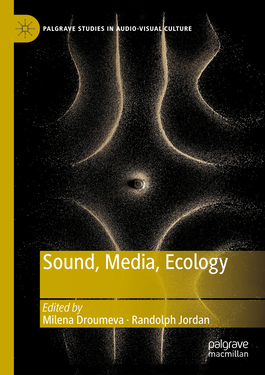 New Acoustic Ecology Books Sound, Media, and Ecology edited by Milena Droumeva and Randolph Jordan Edited by Glenfraser Endowed Professor in Sound Studies at Simon Fraser University Milena Droumeva and Dr Randolph Jordan, Sound, Media and Ecology comprises a series of essays by members of the acoustic ecology community, providing a much needed update of the discipline as a coherent problem set applicable to today’s global sound studies research. As the publisher, Palgrave, notes: This volume reads the global urban environment through mediated sonic practices to put a contemporary spin on acoustic ecology’s investigations at the intersection of space, cultures, technology, and the senses. Acoustic ecology is an interdisciplinary framework from the 1970s for documenting, analyzing, and transforming sonic environments: an early model of the cross-boundary thinking and multi-modal practices now common across the digital humanities. With the recent emergence of sound studies and the expansion of “ecological” thinking, there is an increased urgency to re-discover and contemporize the acoustic ecology tradition. This book serves as a comprehensive investigation into the ways in which current scholars working with sound are re-inventing acoustic ecology across diverse fields, drawing on acoustic ecology’s focus on sensory experience, place, and applied research, as well as attendance to mediatized practices in sounded space. From sounding out the Anthropocene, to rethinking our auditory media landscapes, to exploring citizenship and community, this volume brings the original acoustic ecology problem set into the contemporary landscape of sound studies. 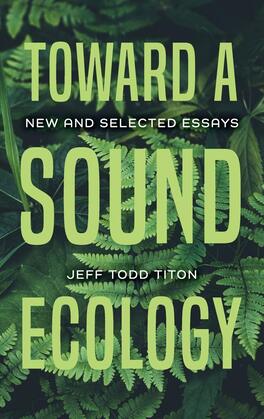 Toward a Sound Ecology by Jeff Todd Titon From publisher Indiana University Press: How does sound ecology―an acoustic connective tissue among communities―also become a basis for a healthy economy and a just community? Jeff Todd Titon's lived experiences shed light on the power of song, the ecology of musical cultures, and even cultural sustainability and resilience. In Toward a Sound Ecology, Titon's collected essays address his growing concerns with people making music, holistic ecological approaches to music, and sacred transformations of sound. Titon also demonstrates how to conduct socially responsible fieldwork and compose engaging and accessible ethnography that speaks to a diverse readership. Toward a Sound Ecology is an anthology of Titon's key writings, which are situated chronologically within three particular areas of interest: fieldwork, cultural and musical sustainability, and sound ecology. According to Titon―a foundational figure in folklore and ethnomusicology―a re-orientation away from a world of texts and objects and toward a world of sound connections will reveal the basis of a universal kinship.” 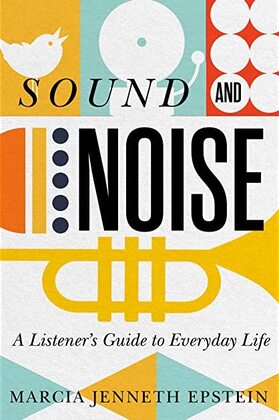 Sound and Noise: A Listener’s Guide to Everyday Life by Marcia J. Epstein From publisher McGill-Queen's University Press: An in-depth look at what everyday noise says about our culture and our communities - and how it affects our bodies and minds. This book is about how you listen and what you hear, about how to have a dialogue with the sounds around you. Marcia Jenneth Epstein gives readers the impetus and the tools to understand the sounds and noise that define their daily lives in this groundbreaking interdisciplinary study of how auditory stimuli impact both individuals and communities. Epstein employs scientific and sociological perspectives to examine noise in multiple contexts: as a threat to health and peace of mind, as a motivator for social cohesion, as a potent form of communication and expression of power. She draws on a massive base of specialist literature from fields as diverse as nursing and neuroscience, sociology and sound studies, acoustic ecology and urban planning, engineering, anthropology, and musicology, among others, synthesizing and explaining these findings to evaluate the ubiquitous effects of sound in everyday life. Epstein investigates speech and music as well as noise and explores their physical and cultural dimensions. Ultimately she argues for an engaged public dialogue on sound, built on a shared foundation of critical listening, and provides the understanding for all of us to speak and be heard in such a discussion. Sound and Noise is a timely evaluation of the noise that surrounds us, how we hear it, and what we can do about it. In a Acoustic Ecology listserv message, the author informed us: “After a 10-year gestation with many setbacks, it’s finally real: acoustic ecology, sound studies, sociology, mental and physical health, children and teens and schools and noise, music as hazard and healing, community sound(scapes and scaping), hospitals, what a future might sound like, and lots more (sound cannons! mysterious hums!); 66-page bibliography. Bristling with endnotes and side chats to readers.” |
Archives
May 2024
Categories
All
|
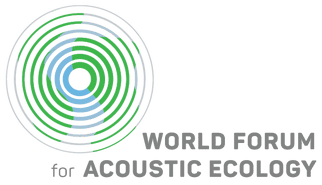
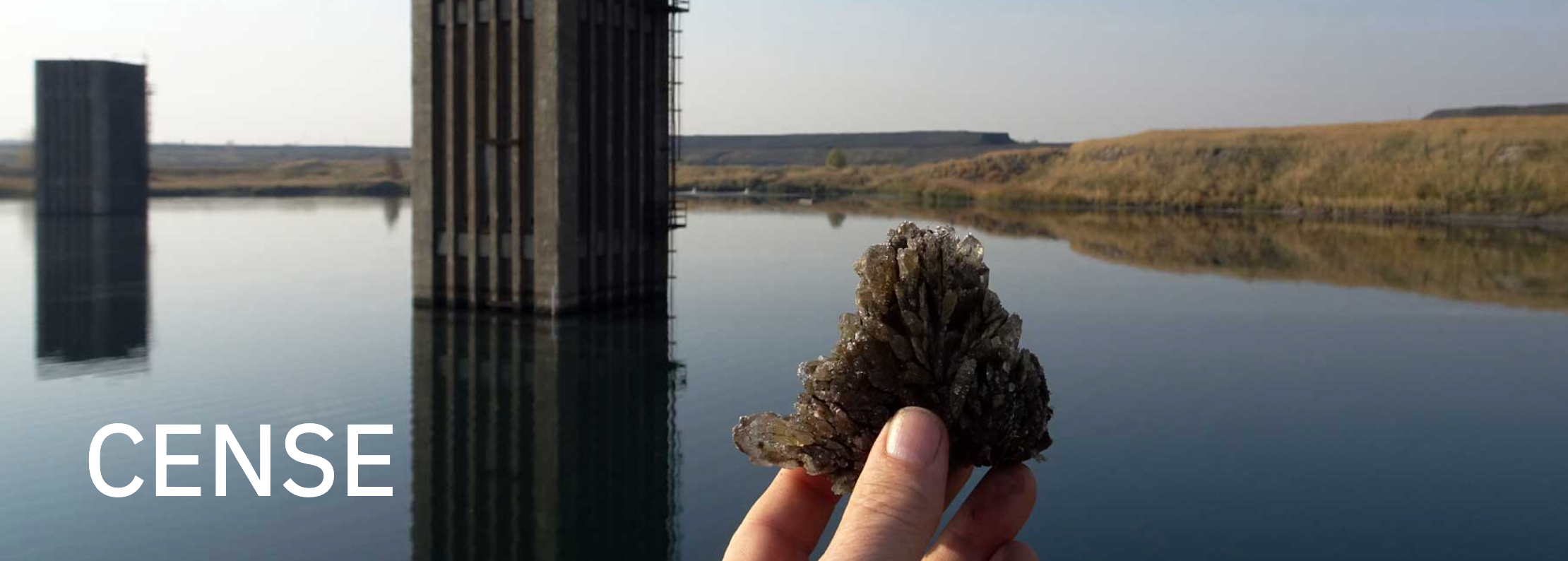
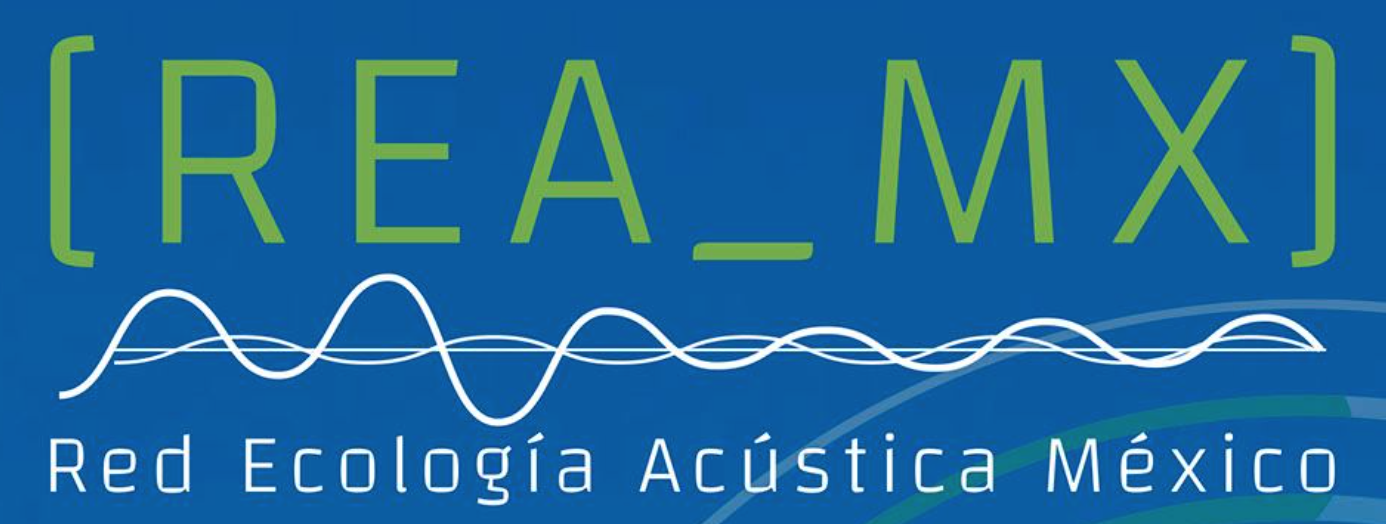
 RSS Feed
RSS Feed